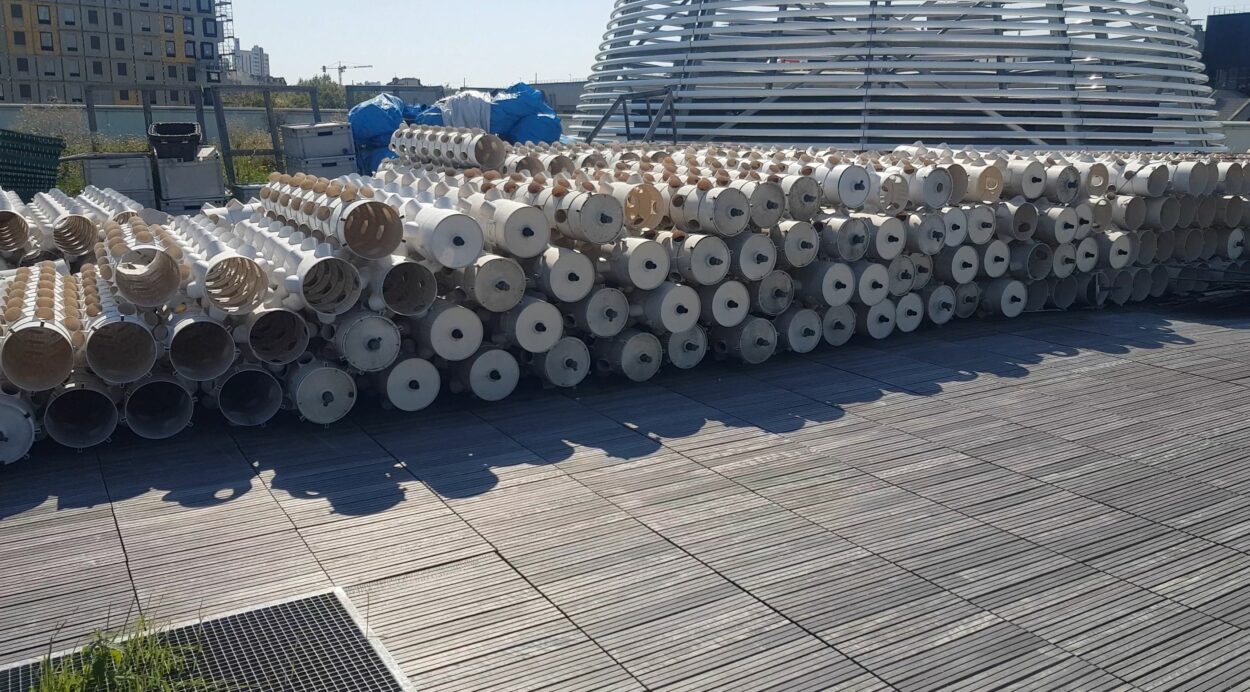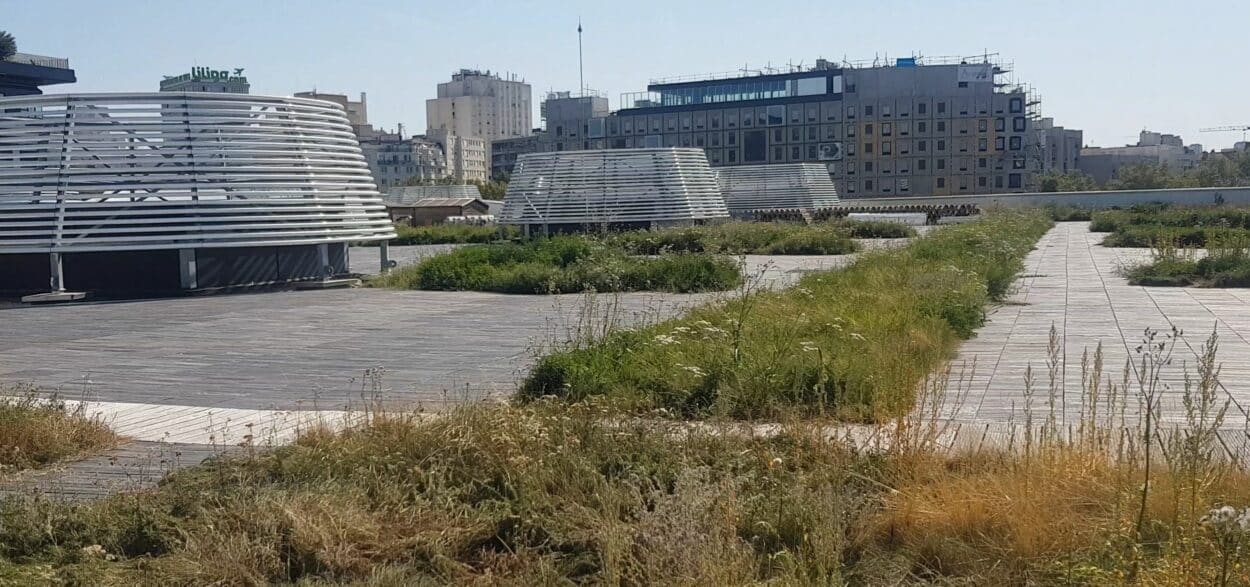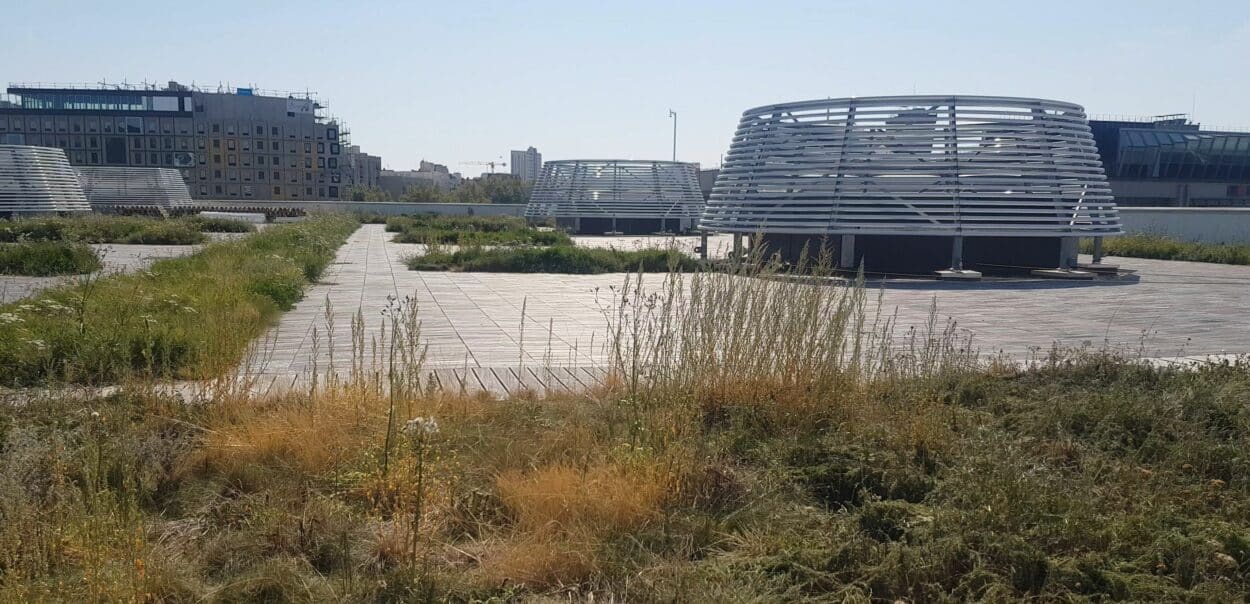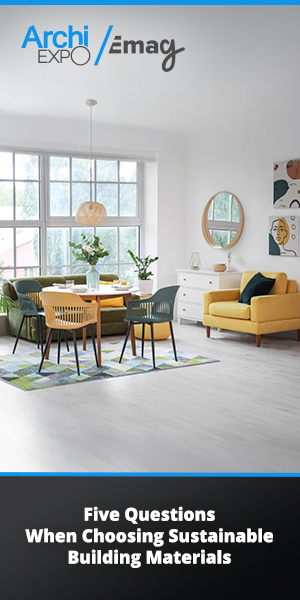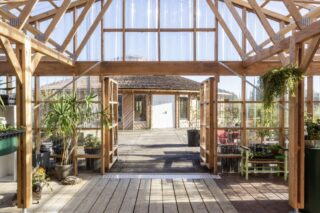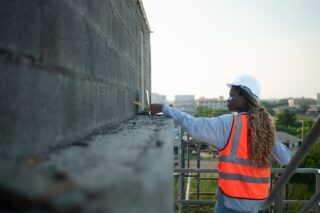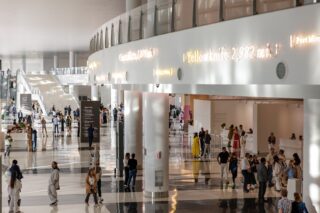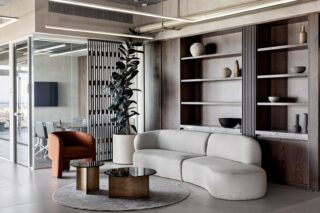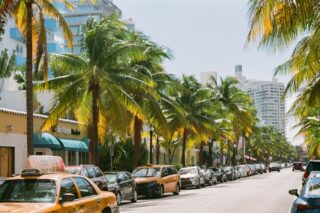Nature Urbaine, Europe’s largest rooftop urban farm, sets ambitious objectives for 2024, promoting sustainability, and biodiversity while reconnecting urban dwellers with locally grown, pesticide-free produce.
In the heart of Paris, atop Pavilion 6 of the Paris Expo Porte de Versailles, an ambitious project is flourishing – Nature Urbaine, Europe’s largest rooftop urban farm. Founded by Pascal Hardy (Agripolis), an expert in development sustainability, and Antoine Juvin (Cultures en Ville), an agronomist with a deep agricultural heritage, this innovative venture officially opened in 2020. They’re planning a new season for 2024, building on the successes and challenges faced since its inception. With a focus on sustainability, community engagement, and redefining urban agriculture, Nature Urbaine is poised to become a global model of responsible production.
We visited Nature Urbaine during the first-ever Rooftop Days Paris in September 2023. The event organizers took inspiration from the Rooftop Days Rotterdam which has developed into one of the most attended events in the city. CSFE (Chambre syndicale Française de l’Étanchéité), Adivet (Association française des toitures et façades végétales) and Roofscapes (a roof climate adaptation startup) combined forces to present Paris Rooftop Days, set to become an annual event designed to showcase the potential of Parisian roofs to the general public, building professionals and elected officials in charge of urban policies.
A Revolution in Urban Agriculture, Equivalent to Two Football Fields
Nature Urbaine occupies the rooftop of Pavilion 6 of the Paris Expo Porte de Versailles, ultimately spanning 14,000 square meters (equivalent to two football fields). The farm boasts over 4,500 square meters of operational production area, housing 696 columns and 1,428 cultivation gutters. The maraîchers (market gardeners) employ pioneering techniques in vertical farming using aeroponics and hydroponics. These systems circulate water and nutrients in a completely closed loop, avoiding urban pollution and reducing water consumption by an impressive 90%. Vertical farming multiplies the available production area by a factor of five.
The farm’s daily harvest is promptly distributed to nearby restaurants and hotels, ensuring freshness and supporting local businesses. Le Perchoir Rive Gauche, situated on-site, is a prime example, serving customers delicious dishes made from Nature Urbaine’s produce. Interior designer Fanny Perrier of Studio Perrier imagined the Perchoir by placing nature at the heart of the project. The décor combines craftsmanship and natural materials, some created exclusively for the space.
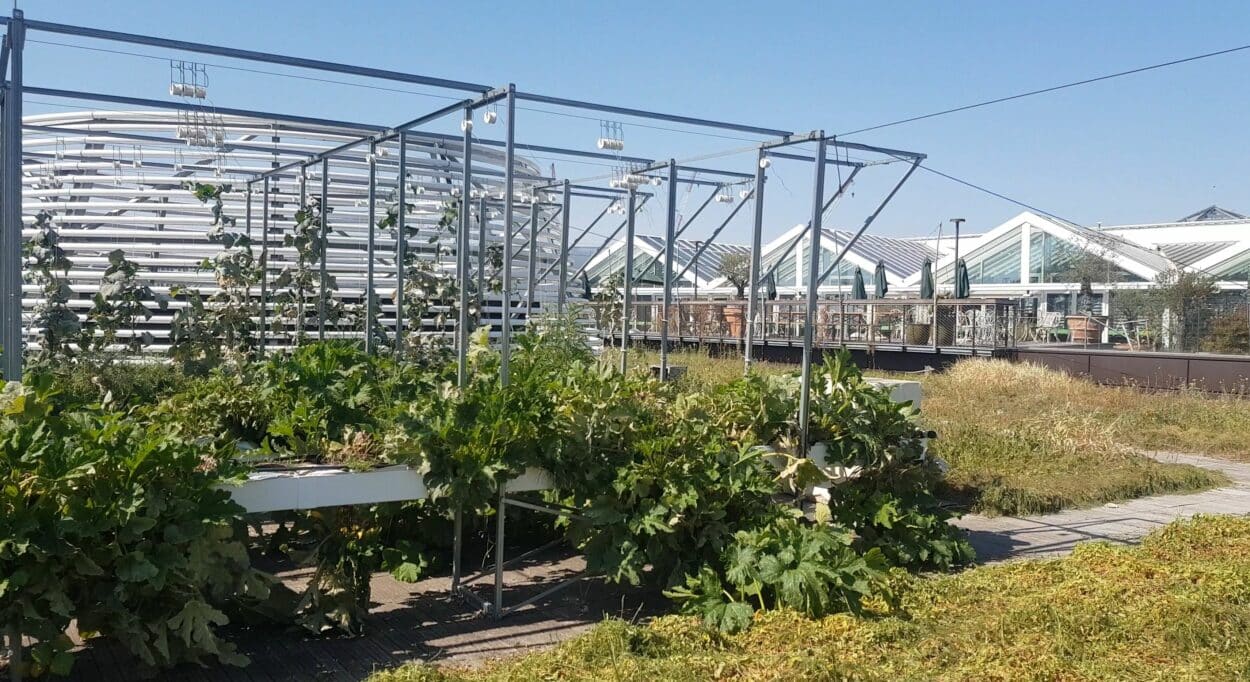
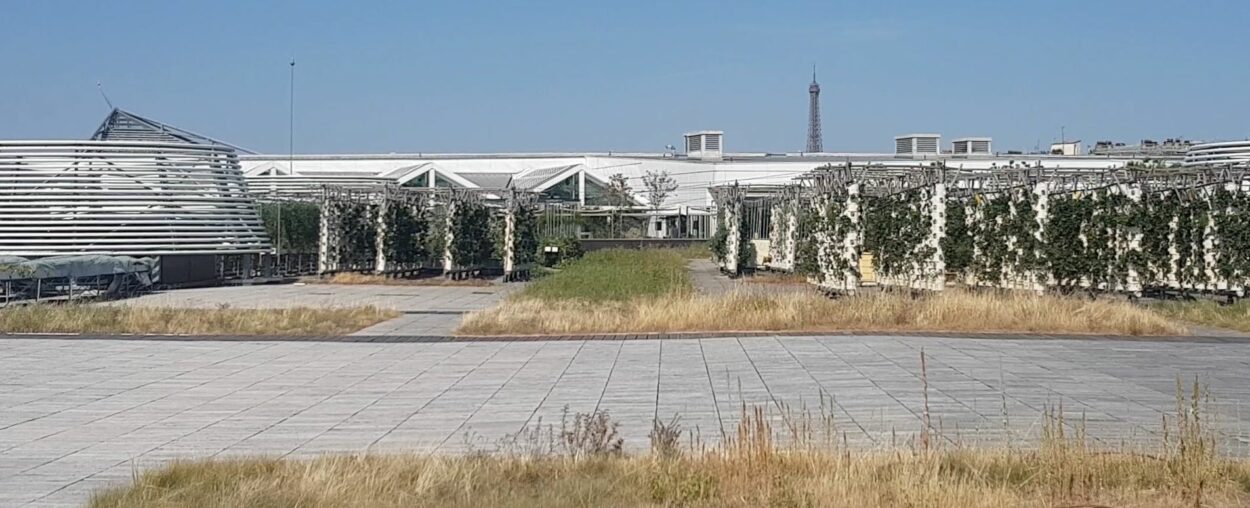
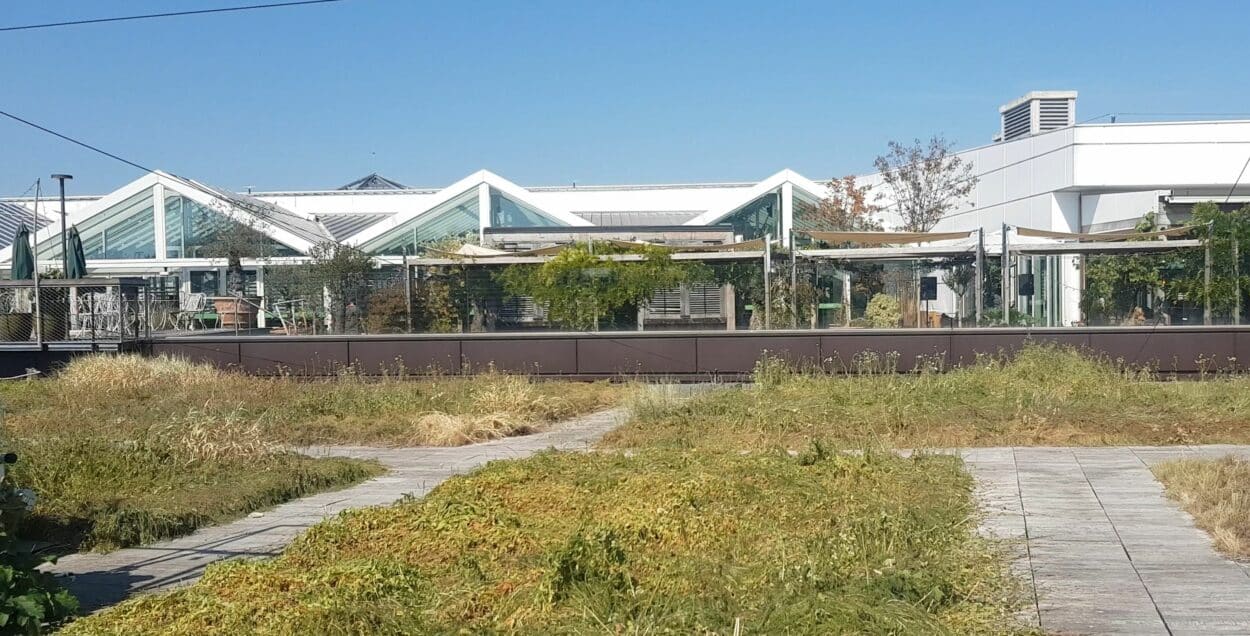
Nature Urbaine’s commitment to sustainability extends to corporate dining establishments, including SERENEST. Philippe Granatini founded SERENEST to focus on offering eco-friendly, high-quality meals made from over 95% fresh, seasonal ingredients. Each day, Nature Urbaine’s produce is harvested and distributed to nearby restaurants and hotels, such as Perchoir and Novotel Paris Porte de Versailles, located in close proximity to the Porte de Versailles Exhibition Center.
NU PARIS goes beyond culinary delights, prioritizing sustainability through its partnership with LOBODIS for organic and fair trade coffee and tea, promoting ethical practices in coffee production. Additionally, Nature Urbaine forges stronger connections with the community by opening its doors to Parisians, providing a platform for the farm to engage directly with its local neighbors. On the same rooftop, the immersive oasis known as La Serre spans 200 square meters, offering an extraordinary venue for corporate events.
Four Pillars of Service and Securing Ventures in 2021
Nature Urbaine thrives on its four core pillars of service, customizing offerings for individuals, businesses, and communities: market gardening—cultivating high-quality, pesticide-free seasonal fruits and vegetables with short supply chains; events—providing unique event spaces for seminars, team building, and conferences; education—orchestrating educational visits, hands-on workshops, and renting gardening plots to local residents; and partner marketing—promoting farming plots intertwined with visibility initiatives.
In its pursuit of innovation, Nature Urbaine introduced new elements in 2021, including the launch of new varieties such as microgreens, green beans, and raspberries. These additions complement the existing array of crops, which include eggplants, basil, lettuces, kale, chives, heirloom tomatoes, cucumbers, watercress, spinach, and more.
Due to the overwhelming success of the 137 rented Parisian gardening plots in 2020, Nature Urbaine opened 20 additional plots in 2021, allowing more individuals to engage in urban agriculture. Nature Urbaine continues to offer the rental of its two event spaces for green meetings, product launches, and conferences. These unique settings provide an exceptional backdrop for a variety of gatherings. Additionally, the farm remains open to school visits, educating the younger generation about urban agriculture.
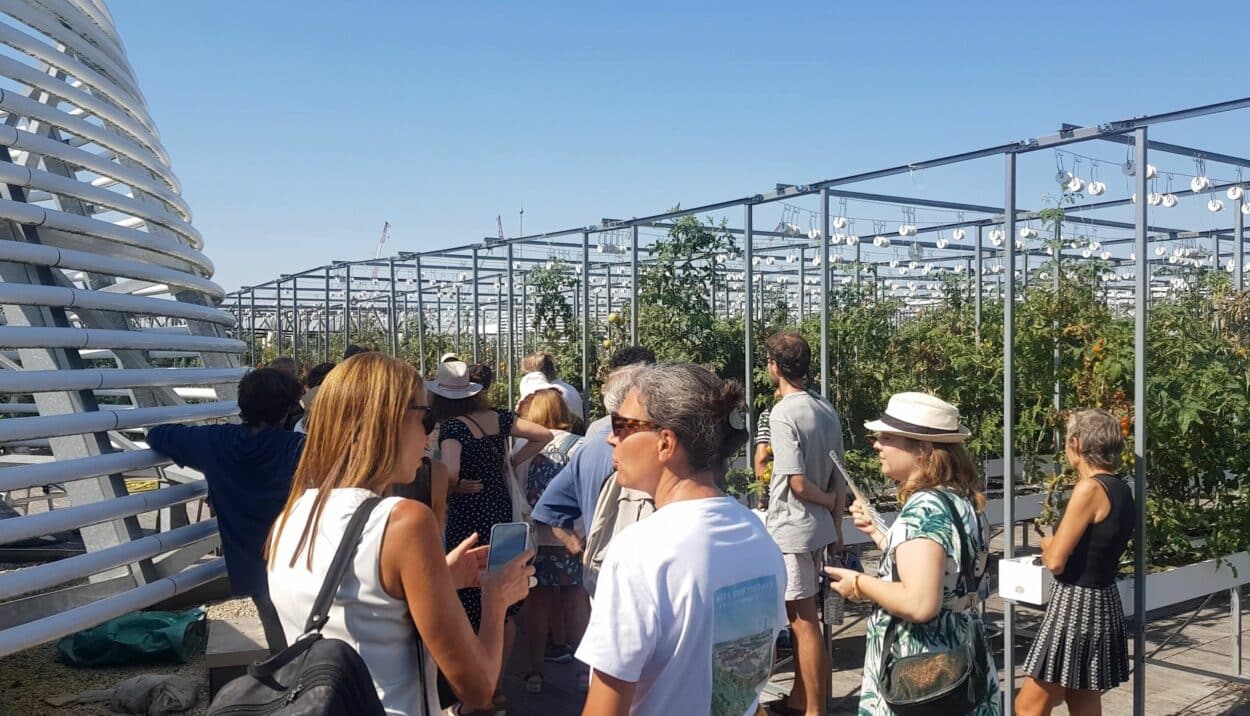
Objectives for 2024: An Equivalent Production Area of 80,000 m2
As we look ahead to 2024, Nature Urbaine remains steadfast in its commitment to its core objectives, as reaffirmed by Pascal Hardy, the founder of Nature Urbaine and President of Agripolis. These objectives are multi-faceted and underscore the farm’s role in demonstrating the viability of urban agriculture, promoting sustainable consumption choices, strengthening social bonds, enhancing biodiversity, and creating green jobs.
“Our ambition is for Nature Urbaine to become a global model for responsible production, providing environmental and economic resilience to the cities of the future, allowing urban dwellers to reconnect with nature and take an active role in their food production,” Antoine Juvin, co-founder of Nature Urbaine and founder of Cultures en Ville, said in a press release.
Nature Urbaine represents not only a paradigm shift in responsible urban production but also a space for learning, communal engagement, and the celebration of nature’s bounty. By 2024, Nature Urbaine plans to expand further, with 1,832 columns and 3,540 cultivation gutters, creating a production area equivalent to 80,000 square meters. As we look ahead, NU Paris remains a beacon of sustainability, setting the standard for urban agriculture worldwide.
